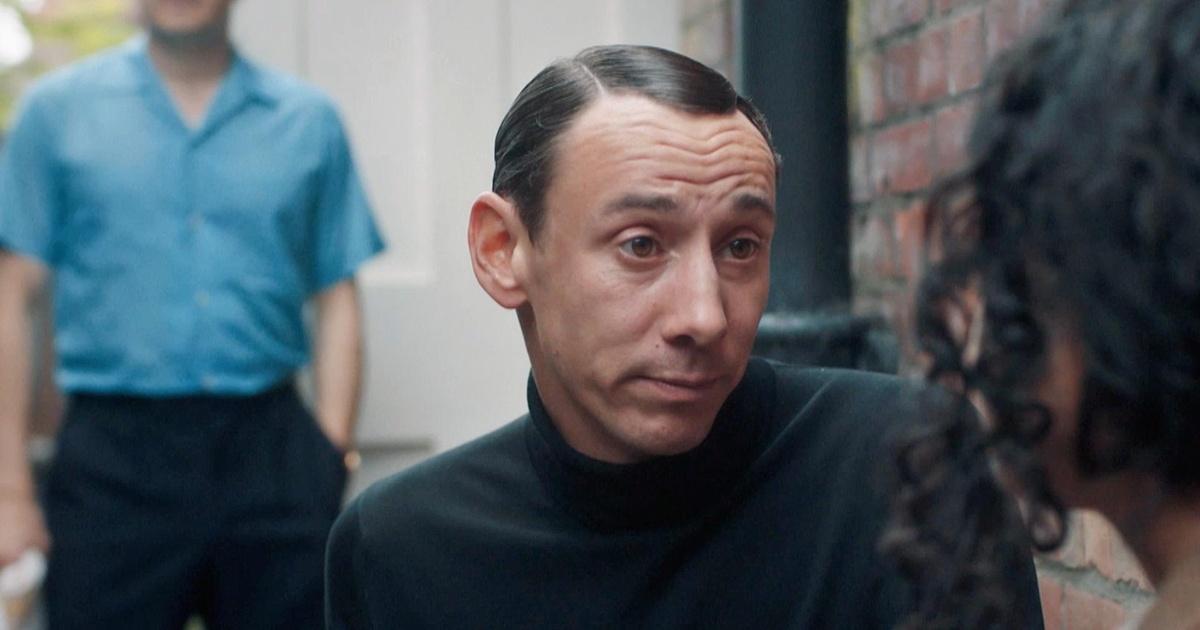
- Select a language for the TTS:
- UK English Female
- UK English Male
- US English Female
- US English Male
- Australian Female
- Australian Male
- Language selected: (auto detect) - EN
Play all audios:
Theresa May’s dash to Brussels has resulted in significant changes to the Withdrawal Agreement. But do they amount to a New Deal? If not, then many Conservative and DUP MPs will still vote
against it in this evening’s crucial vote and the Agreement will fail. If the three new additions to the Withdrawal Agreement are sufficient to swing their votes in favour of the New Deal,
it may pass. A third possibility, favoured by many MPs of all parties, is to delay Brexit. If the deal fails to pass, the Commons will have a chance to vote for this option. But if neither
the New Deal nor a postponement secures a majority, the default position will be to leave the EU on March 29 without a deal. This morning we publish one of the most important articles ever
to appear on this platform. Peter Lilley, the distinguished former Cabinet minister who now sits in the House of Lords, calls this the “Tory tuition fees moment”. Lord Lilley argues that if
the Conservatives allow Brexit to be postponed and thereby break their manifesto pledges, they will “deserve to follow the Lib Dems into obscurity”. Like other members of the European
Research Group (ERG), he dismisses the Prime Minister’s Withdrawal Agreement as worse than No Deal. He argues that Mrs May has reversed her promise, on which she and her party were elected,
that “No Deal is better than a bad deal”. If the Tories were to go to the country after such a betrayal, Lord Lilley believes that, having forfeited the electorate’s trust, the Conservative
Party would be defeated and probably destroyed. This devastating judgment by one of the party’s most respected statesmen cannot be ignored, neither by his colleagues in the Commons nor by
the public. So the stakes are very high this week. Not only will the Commons be deciding whether the Withdrawal Agreement delivers the Brexit for which 17.4 million Britons voted nearly
three years ago, but it will also decide the future of British party politics. Lord Lilley is right that Conservatives in particular face oblivion if they get it wrong, although many will
disagree with him that Mrs May’s deal amounts only to “BRINO” (Brexit In Name Only). Those who support the deal will argue that the new “Joint Legally Binding Agreement”, the “Joint
Statement” and, crucially, the “Unilateral Declaration” added to the Withdrawal Agreement are sufficient to guarantee that the UK cannot be trapped in the Irish backstop indefinitely. Under
pressure from Dublin, EU officials refused until the last minute to allow the Prime Minister to issue her Unilateral Declaration, making clear that the legal protocols meant that Britain
could not be trapped in the backstop. The legal opinion of the Attorney General, Geoffrey Cox, will carry considerable weight in persuading sceptics to vote for the deal. But there will
probably be many members of the ERG, and perhaps other MPs of all parties, who will have been alienated by the threatening tone of last night’s statement by the President of the EU
Commission. Jean Claude Juncker warned MPs: “In politics sometimes you get a second chance. It is what we do with that second chance that counts. There will be no third chance.” To hammer
home his point, Juncker added: “Let us speak crystal clear about the choice: it is this deal or Brexit might not happen at all.” For an unelected Brussels bureaucrat to tell members of the
British Parliament that they might not be able to carry out the mandate on which they were elected is the height of arrogance. To be crystal clear: in Britain, the Queen in Parliament is
sovereign. This means that the House of Commons, normally led by the Queen’s Government commanding a majority of members, is free to decide on all issues — but it is accountable to the
country. The only way that Brexit “might not happen at all” would be if Parliament voted against it and accepted the consequences, which might include electoral suicide for any party that
had promised to enact Brexit. That decision is not in the gift of President Juncker (as he likes to be called), nor any other foreign power. On the contrary, tonight’s vote in the Commons,
and any subsequent votes this week, will be supreme examples of the exercise of parliamentary democracy and of national sovereignty. The reluctance of EU officials to allow the Prime
Minister to issue her Unilateral Declaration indicates just how little Juncker and his colleagues understand about how democracy works in the UK. Fortunately, in Germany at least, a
glimmering of hope has emerged this week. Annegret Kramp-Karrenbauer, who now leads the Christian Democrats and is Angela Merkel’s designated successor as Chancellor, has unexpectedly
rebuffed President Macron’s attempt to turn the EU into a superstate. Rejecting the notion that European institutions possessed “moral superiority” over national ones, she stated: “The
reform of Europe will not work without the nation states: they are the guarantors of democratic legitimacy and a sense of belonging. It is the nation states that formulate and bring together
their own interests on a European level. This is where the international weight of the Europeans comes from.” In other words, the impact of Brexit is being felt across Europe even before it
has actually happened. Elected EU politicians have been forced to acknowledge that the nation states they lead expect them to serve their national interests — and that this places absolute
limits on the extent of EU integration and the ambitions of those, like Emmanuel Macron, who dream of a United States of Europe. This makes it all the more important that British politicians
carry out the wishes of those who elected them. Tonight and for the rest of this week, the eyes of Europe and the wider world will be upon the mother of Parliaments.






